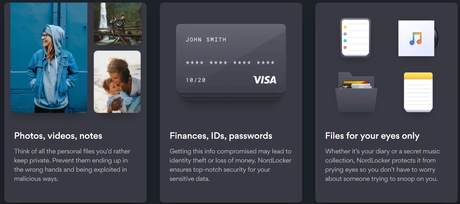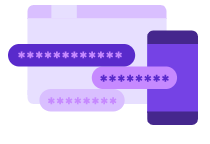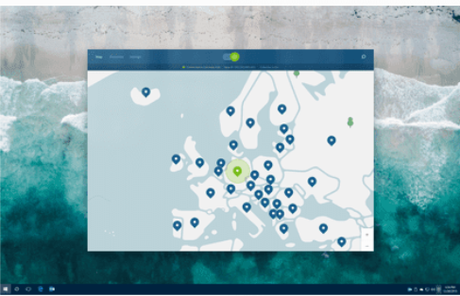2019 is the year of the “ransomware” attacks. Ransomware is an evolving technique hackers use to capture user’s files, login credentials, and other sensitive details. Instead of using it to steal identities as we’ve seen in the past, they either block access or threaten to release personal information to the public. They then force people to pay thousands and in the case of major corporations, millions of dollars in exchange for their own files. These attacks are advanced, systematic, and their number is increasing every day. To protect yourself against ransomware and other hacks, be sure to use these top five Windows security tools for 2019.

1) NordLocker

NordLocker needs to be at the top of your list to counter ransomware attacks. In everyday computer use, most files are unprotected. This means that if a hacker somehow gains access to your computer, your online account, or intercepts files through a man-in-the-middle attack, they can steal your files. NordLocker’s advanced file encryption service locks your files with the strongest protocols. It makes your files virtually bulletproof against ransomware and other types of attack.
2) Browser Encryption

One of the most common ways that outside parties track internet usage, implant malware, and encroach on privacy and security is through your internet browser. So it’s time to ditch Chrome and Firefox and use a more secure web client. Tor provides its own extremely secure browser. Tor routes your connection through several servers, ensuring absolute privacy. However, you can suffer some seriously reduced download speeds. It’s best to save it for when you truly need security. For everyday use, check out Epic Browser which offers nearly the same protection as Tor, but at a much higher speed.
3) Virtual Private Networks

VPNs or Virtual Private Networks secure your internet connection with the same AES-256 technology as NordLocker. With them, you connect to a third-party server, which then connects to your target destination. In the process, your network connection is encrypted and anonymized, ensuring hackers and other prying eyes can’t track your internet usage. What’s more, they offer additional security features such as “Double VPNs” for even greater security and obfuscated servers, which help you bypass censorship in countries like China that block VPNs.
4) Password Manager

It’s best to imagine your digital security through different potential access points. Hackers can attack either your files, your browser, your network connection, or your online accounts. Most people use highly unsafe passwords for these accounts. What’s worse, they often use both the same username and password across many different platforms.
Password managers create extremely tough, unique passwords for all your online accounts. You simply connect the password manager to them, and it goes from there. All you have to do is remember the password to your password manager or use biometric security features like fingerprint ID or facial recognition software to log in.
5) Install Solid Anti-Virus Software

Most computers have built-in security tools like Windows Defender and a firewall. These great base-level tools provide you with some security. However, you need something more comprehensive. With tools like Kaspersky, you can not only scan for viruses but also malware and remove it before it does any damage to the computer. Moreover, their threat detection software is so strong that it can also prevent you from visiting infected websites or accidentally downloading malicious files.
Advanced: Fresh Start
Windows offers a feature called “fresh start.” This is an excellent way to clear out viruses, malware, and other programs that may be affecting your computer. Best of all, it’s not exactly a full system restore. It will still keep your files but will delete all of your apps. This is not something you want to do monthly, but every 6-12 months can be extremely helpful. Even for people who do a good job of keeping their computer safe will be pleasantly surprised by how much quicker they run after it. You can find it under Device Performance and Health.
Keep Your Computer Safe in 2019
It’s more important than ever that you protect your computer from the wide variety of threats on the internet. Begin by protecting your files from ransomware attacks with NordLocker. From here, encrypt both your web browser and your internet connections with tools like Epic Browser and a VPN. Then secure your online accounts with tough passwords through password managers. Finally, take advantage of solid anti-virus software to both prevent viruses and malware and remove them from your computer before they do any damage. In addition, if you are a more advanced user, consider occasionally refreshing your system with a fresh start. With these strategies, you’ll keep your computer virus-free no matter what threats come your way.
